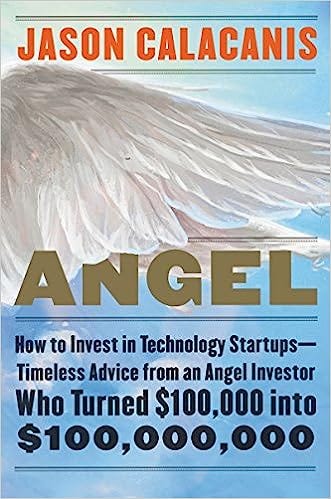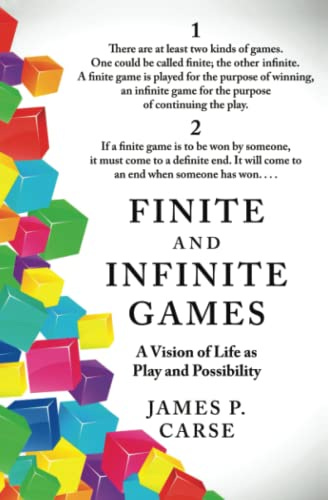Non-design books for designers
141: To be a good product designer, you must grasp more than just design principles, do research to understand user wants, and focus on your soft skills.
Every time my students ask me about book recommendations for designers, I struggle to answer this question. There are many resources that provide a list of design related books. And every time they share the same ones, which is somewhat annoying.
To be a good product designer, you must grasp more than just design principles, do research to understand user wants, and focus on your soft skills.
Product design is a difficult, multi-disciplinary practice that necessitates a mastery of a wide range of concepts and methodologies, especially if you want to become a senior product designer.
Here is a collection of my favorite books that helped me comprehend various disciplines and widen my perspective on product development and the role of the designer in it.
Angel by Jason Calacanis
If you are considering becoming a design advisor and angel investor, this is definitely your must-read book.
Emotional Intelligence by Bradberry and Greaves
This book is for everyone who wishes to make emotional intelligence a positive force in their relationships and jobs. I wish I had read this book in high school since it would have saved me a lot of time and effort. It essentially teaches how to detect your own emotional triggers in order to be more reasonable.
A Pattern Language by Christopher Alexander
The premise at the heart of the books is that when people create their environments, they always rely on certain "languages," which, like the languages we speak, allow them to articulate and communicate an endless variety of designs within a structured system that gives them coherence. This book has such a language. It will allow a person to design practically any type of building or aspect of the built environment.
Finite and Infinite Games by James P. Carse
Finite games are everyday contests that are played in order to be won, which is when they end. However, infinite games are more intriguing. Their goal is not to win, but to ensure that the game continues. The rules, the borders, and even the participants can all alter as long as the game is never permitted to finish.
Made to Stick: Why Some Ideas Survive and Others Die by Chip Heath and Dan Heath
Made to Stick will alter your communication style. It's a fast-paced tour of success (and failure) stories: the Nobel Prize-winning scientist who drank a glass of bacteria to show a point about stomach ulcers; organizations that employ the Mother Teresa Effect; and the elementary-school teacher whose simulation truly averted racial discrimination.





